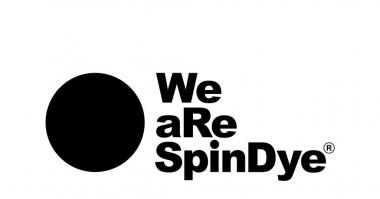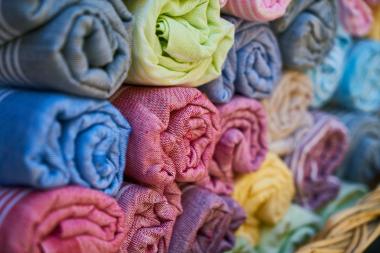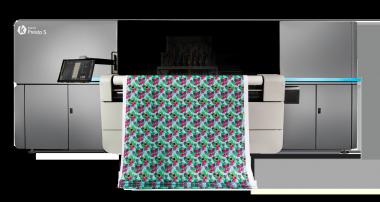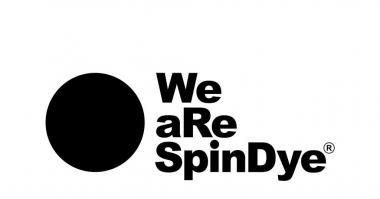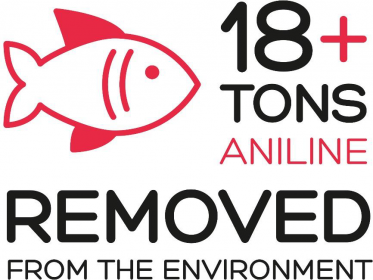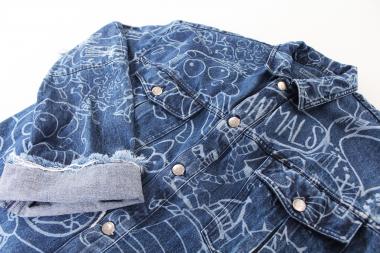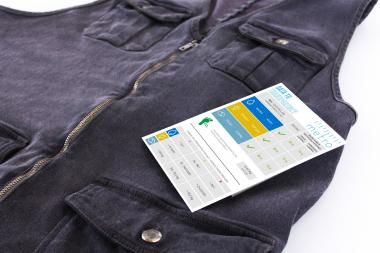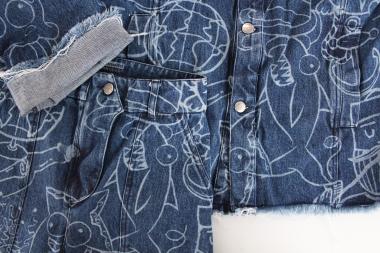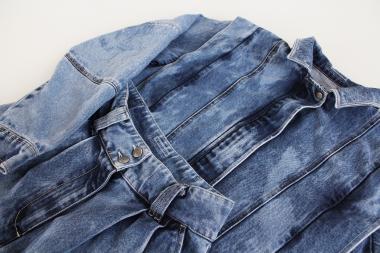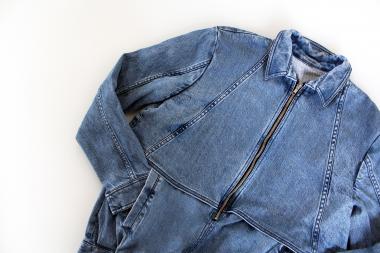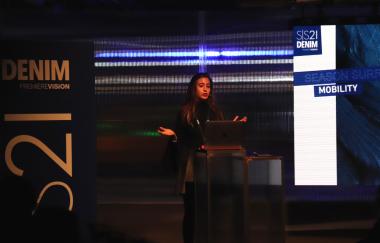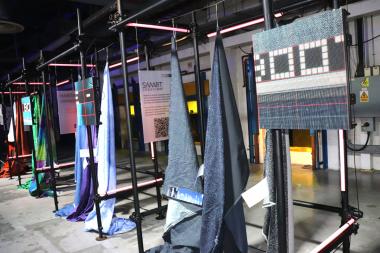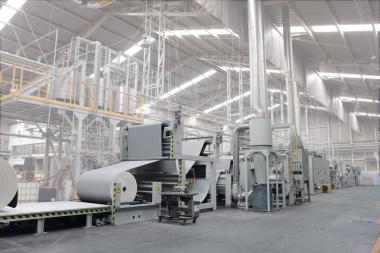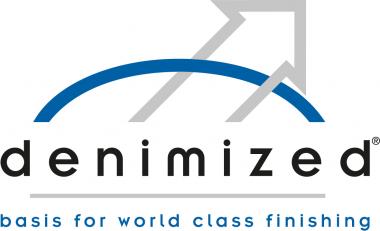We aRe Spin Dye signs collaboration agreement with Stokke As
We aRe Spin Dye (WRSD) AB (publ) (“WRSD”) has entered into a collaboration agreement with the Norwegian brand Stokke®. Stokke AS, a Norwegian manufacturer of children's furniture and accessories, is well known among parents of young children, since their mission is to manufacture products that strengthen the bond between parent and child.
Stokke is known for creating products that are designed to last a lifetime. High production standards, durable and robust materials, flexibility and adjustment options, together with timeless design, is a guarantee of long life for Stokke's products.
Andreas Andrén, CEO of We aRe SpinDye views the collaboration with Stokke as a very exciting agreement with great potential:
-"Of course, our resource-efficient dyeing method is at the center of this collaboration. I have three children myself and as a parent of small children I know how important it is to have sustainable products. We aRe SpinDye will now be extending the life of Stokke's products. As a result of our textile fiber being homogeneously colored, our fabrics' test values are at the top for what is called "colorfastness to light". Our fabrics are thus bleached considerably less than conventionally dyed fabrics."
Janne Muri, project manager at Stokke for this collaboration, explains Stokke's view on sustainability.
"By taking care of our children, we also protect our planet. We strive for sustainable solutions in everything we do. High quality, sustainable materials and opportunities to adapt the products as the child grows, together with a timeless design, give our products a long lifespan that can last for generations. And with these core values in our group, it feels completely natural that we start a collaboration with We aRe SpinDye."
We aRe Spin Dye
We aRe Spin Dye


